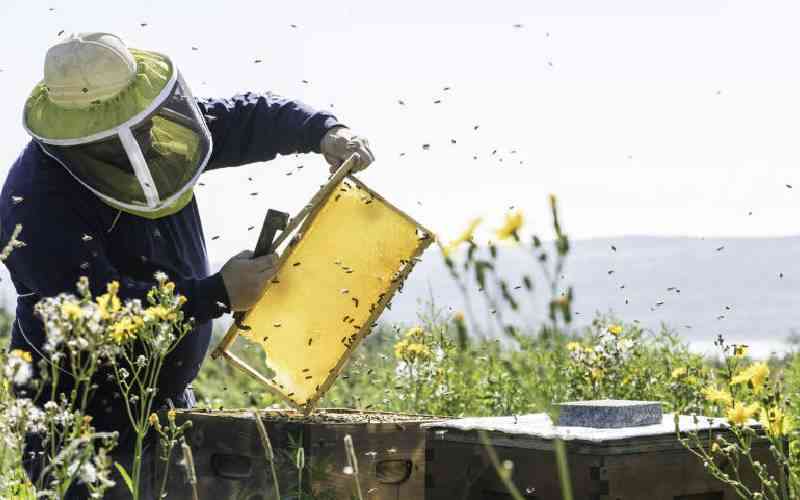×
The Standard e-Paper
Fearless, Trusted News

The government has moved to boost quality of honey by developing a residue monitoring plan that shall enhance traceability and compliance with the export market requirements.
Regulations on beekeeping will also be anchored in the National Livestock Bill.